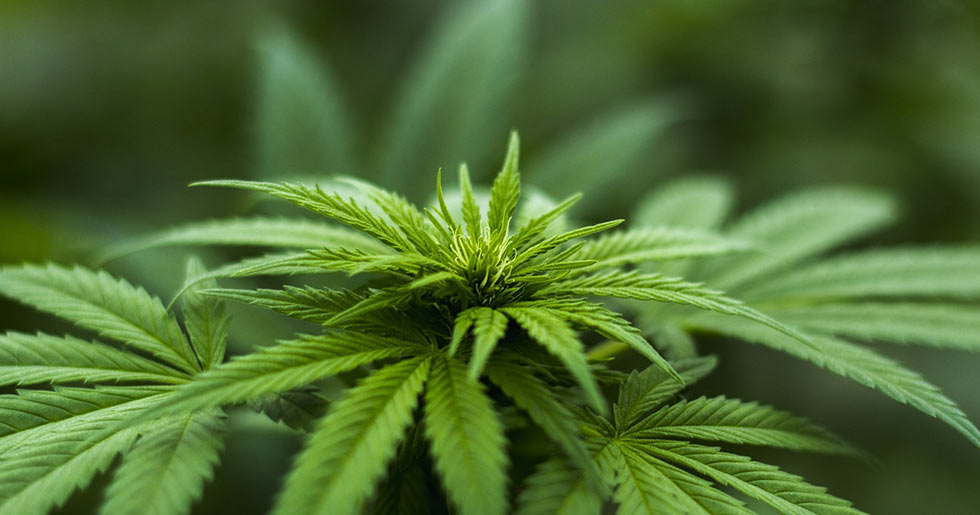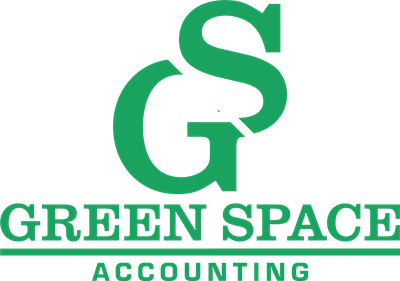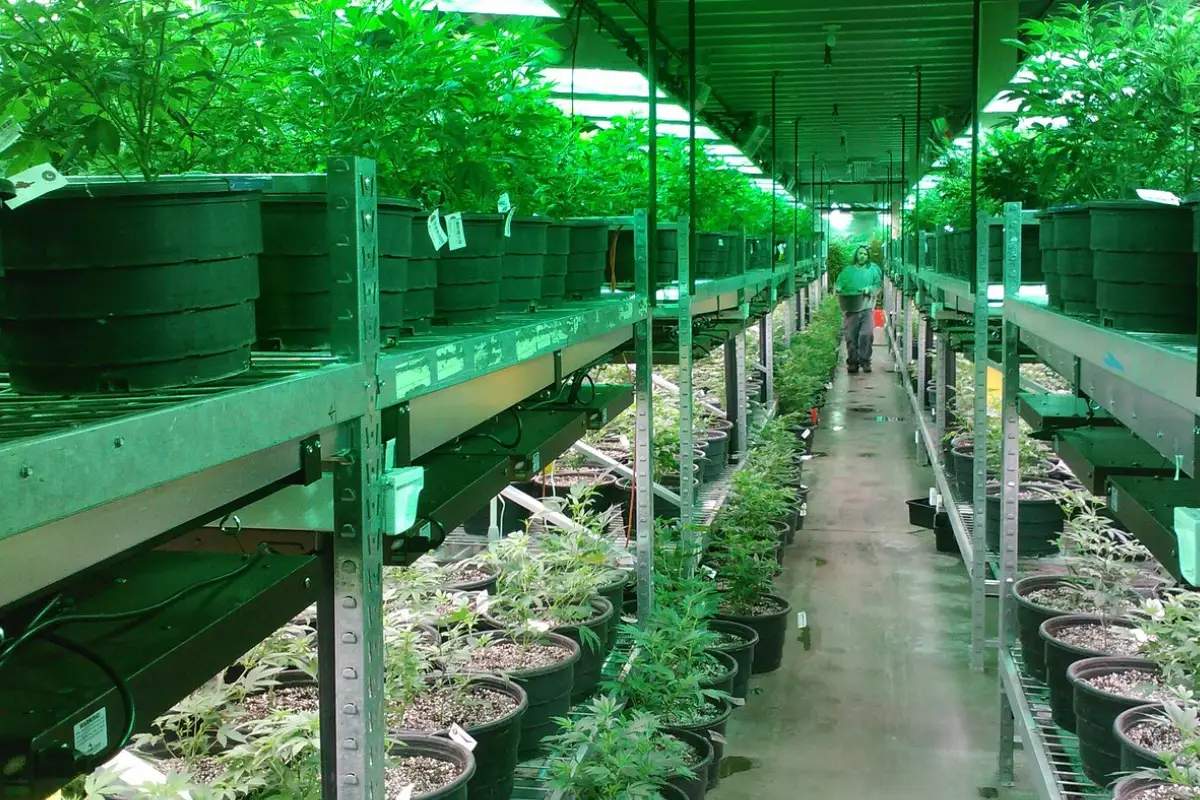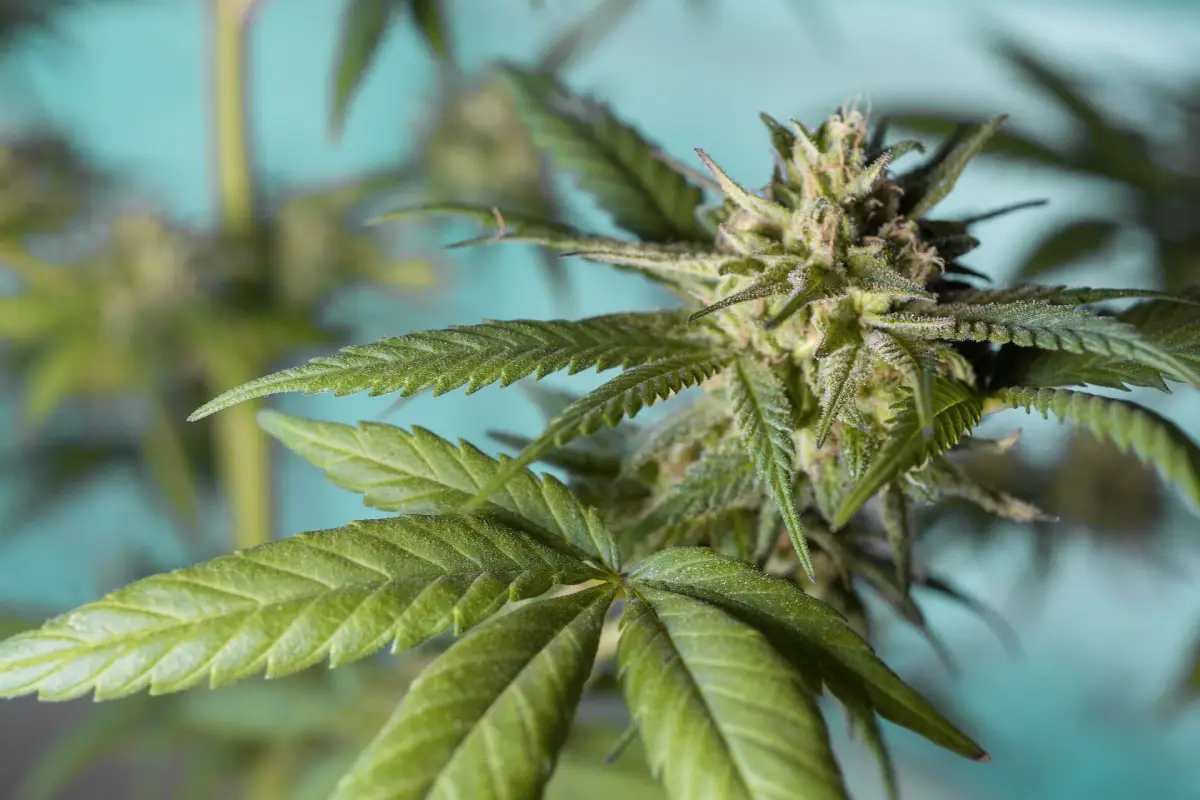
Cannabis dispensaries are taxed differently than companies in almost every other industry. According to the tax code, businesses that sell Schedule I drugs (like cannabis) cannot benefit from many tax deductions that other businesses use to reduce their taxable income.
One of the only things that cannabis dispensaries can deduct is their Cost of Goods Sold (COGS). That means it’s important for dispensary owners to know what this term means and what deductions they’re allowed to make so they can maximize their profits.
Let’s go over the basics of cannabis dispensary cost of goods sold and how this figure can cut down the tax burden for your cannabis company.
What’s The Cost Of Goods Sold (COGS)?
“Cost of goods sold” is the direct costs of producing or purchasing the goods your company sells. A company’s cost of goods is subtracted from its revenue to determine its gross income.
For most businesses, the cost of goods sold will include four types of expenses:
- Cost of products or raw materials, including shipping
- Product storage
- Direct labor costs for workers producing products
- Factory overhead
To calculate your cost of goods sold, you can use this formula:
(Starting Inventory + Purchases) – Ending Inventory = Cost of Goods Sold
Most companies can deduct their full cost of goods sold on their taxes each year. However, businesses in other industries can also deduct a variety of other expenses that are part of their regular operations, like labor, rent, and security, which can negatively affect many cannabis dispensaries.
Are Costs Of Sales Similar To Cost Of Goods Sold (COGS)?
Many accountants use the terms “cost of sales” and “cost of goods sold” interchangeably. However, there are a few key differences that dispensary owners should be aware of. In most circumstances, the cost of goods is tax deductible, but the cost of sales is not.
While cost of goods sold shows the direct costs of creating, manufacturing, and selling a product, cost of sales looks at how much money goes into selling products that you’ve already purchased for inventory or manufacturing. Expenses that are part of your costs of sales that aren’t included in cost of goods sold include labor, equipment, utilities, storage, rent, and more.
Cost of sales will always be greater than the cost of goods sold. This is because all of the expenses from the COGS will be included in the cost of sales, but the cost of sales will also include the additional expenses of selling goods after they’re made.
How Does The Cost Of Goods Sold (COGS) Influence Dispensaries?
Cannabis dispensaries are allowed to deduct the cost of goods sold on their taxes. Because of the tax code, it’s often one of the only deductions that cannabis dispensaries can claim.
Section 280E of the Internal Revenue Code in the US states that businesses that sell cannabis (or other Schedule I controlled substances) can’t deduct any expenses from the production, distribution, or sale of their products. This means that your cost of goods sold tells you how much you can reduce your tax burden for the year.
When it comes to cannabis dispensaries, your cost of goods sold is generally mostly made from the products you sell, including, flower, edibles, concentrates, accessories, and more. If your dispensary also makes its own products, you can deduct the costs of growing flower or creating other cannabis products.
In addition, your COGS is an important metric for your business. It plays a huge part in determining your dispensary’s net income, which helps you calculate the profitability of your cannabis dispensary.
What Can Dispensaries Deduct From COGS?
Cannabis dispensaries can deduct only their COGS on their taxes. Many other business expenses cannot be deducted by companies that sell cannabis or other Schedule I substances.
Cannabis dispensaries can deduct:
- The invoice price for cannabis, minus trade and other discounts
- Electric bills for inventory areas only
- Cost of travel to purchase cannabis
- Costs of shipping inventory to you
Here are some things that don’t count toward your cannabis dispensary’s cost of sales:
- Rent
- Staff salaries
- Interest
- Contract labor
- Storage
- Display cases
- Utilities
- Insurance
- Professional fees
- Licenses and fees
Overall, missing out on these important deductions affects the bottom line of all cannabis dispensaries.
What Can You Expect From 280E Tax In The Future?
When you file your taxes, you’ll only be able to deduct your COGS, including exclusively the items on the list above. Unfortunately, not being able to deduct additional business expenses like rent, wages, and insurance fees means cannabis dispensaries pay much higher tax rates than businesses in other industries.
Section 280E in the tax code was originally meant to prevent illegal drug dealers from deducting their business expenses. It reads:
“No deduction or credit shall be allowed for any amount paid or incurred during the taxable year in carrying on any trade or business if such trade or business (or the activities which comprise such trade or business) consists of trafficking in controlled substances (within the meaning of schedule I and II of the Controlled Substances Act) which is prohibited by Federal law or the law of any State in which such trade or business is conducted.”
A court recently determined that this section doesn’t just apply to drug dealers. Instead, it applies to all legal cannabis businesses and dispensaries across the US, even in medical or recreational states.
The 280E tax regulations can greatly impact a cannabis dispensary’s profit margins. Some cannabis companies pay an effective tax rate of 70% or higher because they’re unable to deduct vital expenses from their taxable income.
Some states align their tax code with the federal government’s. This means that cannabis dispensaries in these states can’t deduct their additional business expenses on their state taxes, either, making the burden even heavier.
Final Thoughts On Cannabis Dispensary Cost Of Goods Sold
Overall, as more states legalize cannabis, professionals in the field are hopeful that these tax codes will be updated to make the playing field fair for cannabis businesses and increase their profitability. For now, it’s important to calculate your cannabis dispensary’s cost of goods sold and deduct what you can under the current regulations.
Need some help determining your cannabis dispensary’s cost of goods sold?
Green Space Accounting can help. We specialize in accounting for cannabis clients and can help you file your taxes and manage your business with ease.
Book a consultation to learn more.




